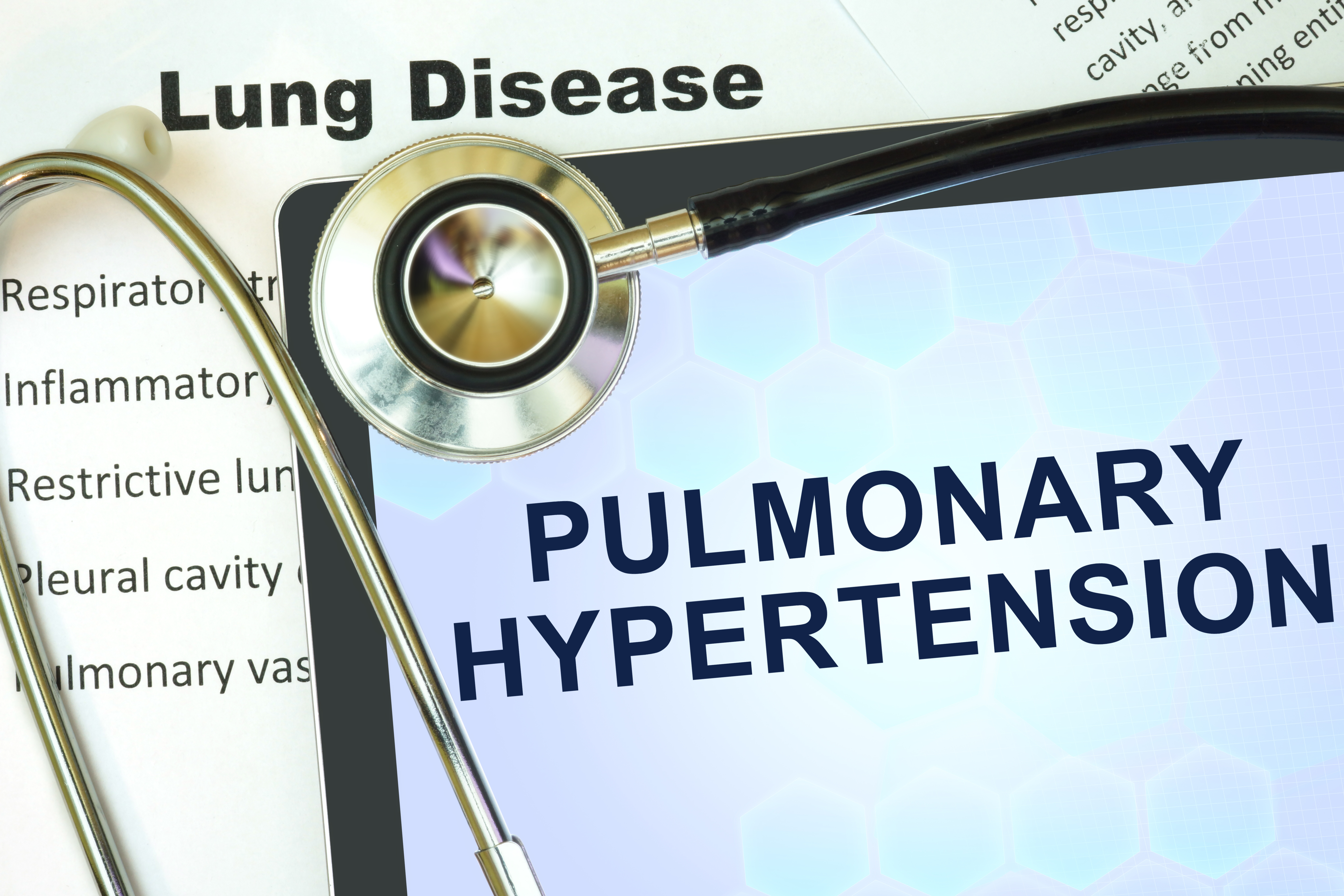Irving, Texas-based Reata Pharmaceuticals, Inc, recently announced that it will present initial data evaluating bardoxolone methyl in patients with pulmonary arterial hypertension (PAH) who are on stable background therapy during the 2015 American College of Chest Physicians (CHEST) annual meeting in Montreal, Canada.
Bardoxolone methyl is an experimental, oral once daily antioxidant inflammation modulator (AIM) that has received orphan drug designation for the treatment of PAH by the US Food and Drug Administration.
PAH is a life-threatening and rare medical disease associated with pulmonary vasoconstriction, vascular remodeling, endothelial dysfunction, pulmonary fibrosis and right ventricular hypertrophy, as well as skeletal muscle dysfunction. Abnormality in the muscles in PAH patients causes exercise intolerance, but since bardoxolone methyl is an antioxidant, anti-inflammatory, and bioenergetic therapy, it has been proven effective in preclinical studies in increasing exercise tolerance.
The company is currently enrolling patients for its phase 2 dose-ranging clinical trial called LARIAT. LARIAT is a double-blind, randomized, dose-ranging, placebo-controlled study designed to assess bardoxolone methyl and evaluate its efficacy, safety and tolerability in patients with PAH. The study’s primary efficacy endpoint is a six-minute walk test.
Ronald Oudiz, M.D., Professor of Medicine and David Geffen from the School of Medicine at UCLA, will present the data in a presentation entitled, “Initial Data Report from ‘LARIAT’: a Phase 2 Study of Bardoxolone Methyl in PAH Patients on Stable Background Therapy,” The presentation will take place in the Palais des Congrès de Montréal Convention Center (Room 513ef), on October 27, 2015 as part of the Late‐Breaking Abstracts session from 8:45 to 10:00 am,
“We are excited to present top‐line data from our Phase 2 LARIAT study. Bardoxolone methyl has the potential to be a first‐in‐class treatment for PAH that impacts aspects of the disease that are unaddressed by current therapies, including inflammation and mitochondrial dysfunction. Clinically, these manifest as markedly reduced exercise capacity and fatigue, despite optimal treatment with available therapies. In preclinical models, we have demonstrated that bardoxolone methyl directly improves mitochondrial function and energy production in the skeletal muscle while not affecting systemic hemodynamics,” said Colin Meyer, MD, Reata’s Chief Medical Officer. “This profile is unique and should complement available therapies, all of which have primary vasodilatory effects. On the basis of the emerging preclinical and clinical data, we are further expanding our development program and plan to study bardoxolone methyl in other forms of pulmonary hypertension, including pulmonary hypertension caused by interstitial lung disease.”

